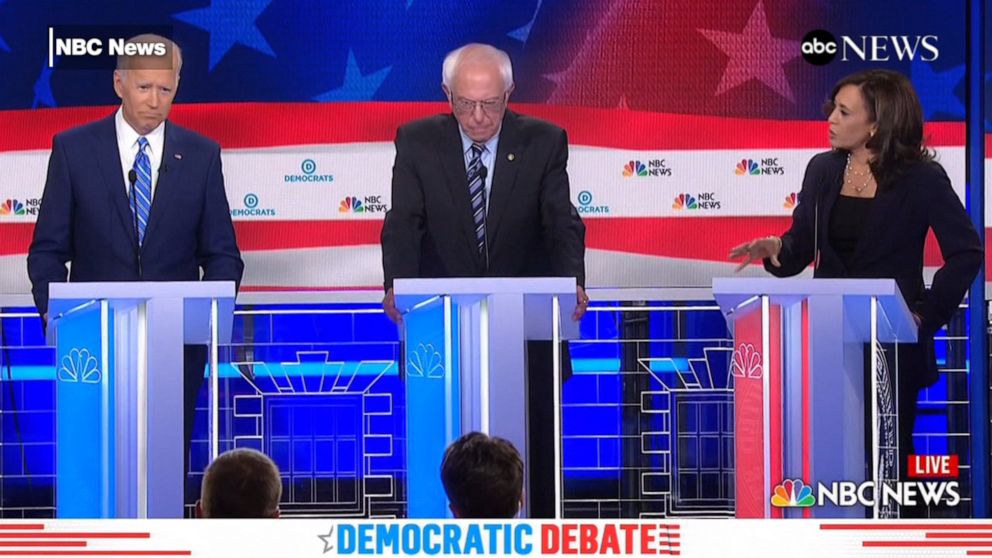

Adjunct general physics prof teaching at USF. Would such profs be prepared to accept the pragmatic solution for their economic woes proposed by a recent WSJ letter writer?
For the past 6-8 years, the plight of the adjunct professor, hired part time to teach only a discrete number of credit hours in one or two particular courses and without any job security, has been a matter of increasing public attention. Not just because of their struggles (many are even having to get food stamps to survive, e.g.
http://chronicle.com/article/From-Graduate-School-to/131795/
But because these non-tenured track instructors are now more likely to teach students even at "elite" universities. When parents are having to shell out hundreds of thousands to pay for a child's 4- year college education - but the quality of the teacher is perceived less than desired- this can be a huge deal. Even more so when the student himself is coughing up the money and a huge student debt is piling up.
Perhaps the adjunct's plight first came to prominence with the article The Disposable Academic in the December 18, 2010 issue of The Economist (p. 156). The piece concludes the Ph.D. degree is now all but useless and people essentially are investing a sizable amount of money on a faint future chance of betterment - that never materializes.
Why doesn't it materialize? Look for that answer in the book, The Winner Take All Society' (Ch. 6, 'Too Many Contestants?', p. 102):
Market incentives typically lure too many contestants into winner take all markets, and too few into other careers. One reason involves a well documented human frailty: the tendency to overestimate our chances of prevailing over our competitors."
Adding:
"The decision to compete in a winner take all market is akin to buying a lottery ticket. If you win you win many times more than if you were in a less risky career. If you lose, you earn much less."
In other words if there were fewer people chasing Ph.D.s who then aspired to become fully paid academics - they'd have a much better chance with fewer competitors. Hence, the glut of Ph.D.'s translates to a surplus of competitors to grab the choice academic positions, which can have only a few "winners". The losers are then condemned to academic purgatory - hoping some day their luck will change- but for now locked into part time, temp work.
The subject came up again about 7 weeks ago, in Barton Swaim's review of Herb Childress's book, 'The Adjunct Underclass' (May 2) which produced such letter comment reactions as the following (WSj, May 8 letters, 'Adjunct Professors Struggle As Colleges Prosper'):
"Since when does the law of supply and demand 'inflict' injustice? That adjunct faculty members work for low wages in woeful conditions is simply the byproduct of having more qualified people eager to teach than there are positions to fill. This is going to continue." - Joe Bernstein, Haverford, PA.
Of course, letter writer Bernstein is correct, again given the law of supply and demand factors into the 'winner take all' model of employment: too many competitors and there won't be enough choice positions. Those left out then get only the scraps, part time, gig -type positions.
There was one writer, however, who proposed a solution. One Marcy Stern wrote:
"A suggestion to the talented graduate students who love teaching - seek out jobs in high schools. Qualified and dedicated teachers are in high demand in the private and parochial schools with which I am familiar. Teaching upperclassmen in high school can be extraordinarily rewarding (not that different from college freshmen)."
Which is spot on correct, for example for a teaching position such as at my former high school, Monsignor Edward Pace in Miami, e.g. check out its academic programs:
https://www.paceistheplace.com/academicprograms.php
The question remains whether many college adjuncts would be willing to take what they'd likely see as a step down, in prestige (college prof to high school teacher) despite the fact their annual earnings would now be significantly higher - say $55,000/ yr. vs. $12,000 (and food stamps). Is college teaching really worth the hardship just for some veneer of slight prestige - while holding 0ut a faint hope of getting a tenured prof's place?
That's a question only the talented adjunct can answer, but there is the solution from Ms. Stern.
In the case of astronomy, The American Astronomical Society is regularly besieged with dire warnings of the pressures brought to bear by budgetary constraints on astronomy and astrophysics jobs. An editorial in one AAS Newsletter noted, for example, that more than 6 out of 10 jobs for Ph.D. degrees in astronomy are "outside the academic marketplace". The percentage is slightly better (5 of 10) for Masters recipients.
This reflects the other aspect : that so many continue to want to get the 3 magic letters behind their names, but each time producing more than the academic market can absorb. As with the normal labor pool, this creates a "labor surplus" that paves the way for poverty level wages (forcing food stamp applications) because universities find it cheaper to get the teaching job done with adjuncts. They leave the research and grant scavenging to the tenured.
The solution then appears to be obvious, although those aspiring to Ph.D.s may not like it: that is, stop glutting the market with higher degrees! Be cognizant of the law of supply and demand (as well as 'winner take all' markets) and - if you do have a Ph.D. but are stuck at adjunct level - consider taking Ms. Stern's advice and teach at a high quality private or parochial high school. Your bank account will thank you for it, even if your ego may not.





